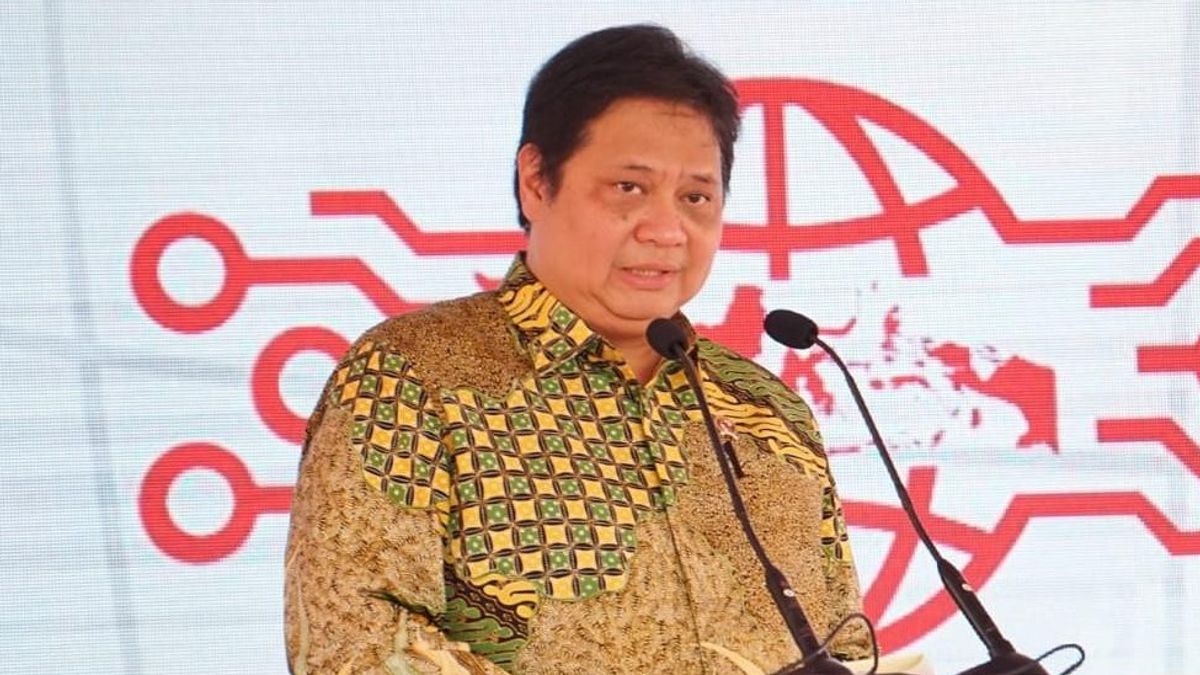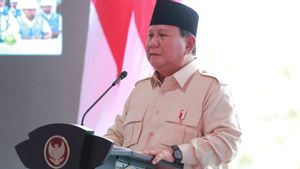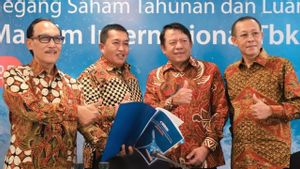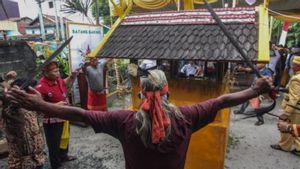JAKARTA - The Coordinating Minister for the Economy Airlangga Hartarto confirmed that the Omnibus Law will change the paradigm in the ease of doing business and improve the investment ecosystem that was previously considered difficult for business actors.
"If it violates or is naughty, just revoke the business license. This is a form of change, a form of breakthrough, so that cases of employers who are given a police line are reduced. That will increase business certainty," said Airlangga, in Jakarta, Wednesday, December 18.
Airlangga said that the Omnibus Law would change the paradigm from previously being based on permits to being based on business risk because there were several regulatory improvements related to employment, administration at the central and regional levels, and the legal regime for doing business.
According to him, so far for the business process, the legal basis used is criminal law. After the Omnibus Law exists, the government will change regulations to be based on administrative law such as in the capital market, banking, and the like.
Airlangga emphasized that the economic restructuring that is currently being carried out is an anticipation so that Indonesia can escape the middle income trap so that a breakthrough must be made.
"Then if asked what to do next, then I answered that I would continue to work with Kadin. If the businessmen are happy, the government must be happy. If there are more successful entrepreneurs in the regions, the government will be happy," he said.
Entrepreneurs in the Indonesian Chamber of Commerce and Industry (Kadin) believe that the Omnibus Law will improve Indonesia's ease of doing business. Currently Indonesia is ranked 73rd for ease of doing business (EODB) or ease of doing business.
"I am very sure, if this (Omnibus Law) goes on, the EODB will rank up and investment will increase," said Kadin Chairman Rosan Roeslani.
Rosan added that the presence of the Omnibus Law will be a breakthrough from the government in an effort to attract investment. Moreover, so far, businessmen think that there are still investment barriers that make Indonesia less attractive than other countries.
"We have to reform a lot of policies and this is quite a lot of policy reforms. Although not all of them, it is hoped that the Omnibus Law which the government hopes will be completed in the DPR in April (2020)," he explained.
As is known, the government will immediately submit 2 Bills (RUUs) to the House of Representatives (DPR), namely the Omnibus Law Bill on Job Creation and the Taxation Omnibus Law Bill. Especially for the Omnibus Law Job Creation itself, it will amend approximately 82 Laws (UU) and 1,194 articles.
The two Omnibus Law Drafts are prepared to strengthen the national economy by improving the investment ecosystem and Indonesia's competitiveness, especially in the face of global economic uncertainty and slowdown.
The English, Chinese, Japanese, Arabic, and French versions are automatically generated by the AI. So there may still be inaccuracies in translating, please always see Indonesian as our main language. (system supported by DigitalSiber.id)













